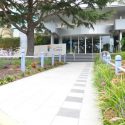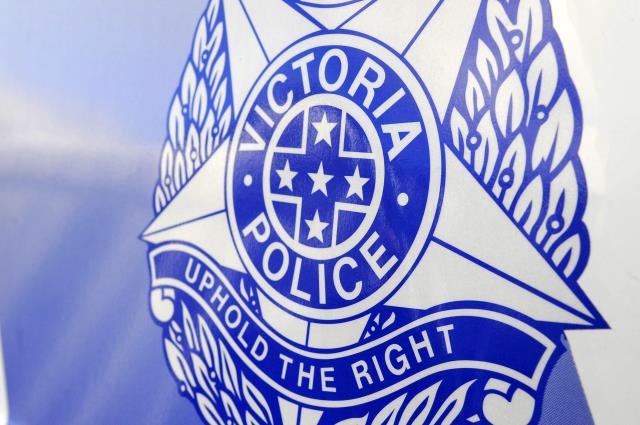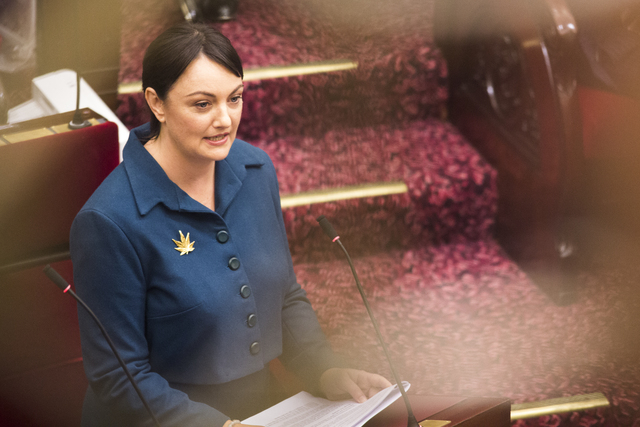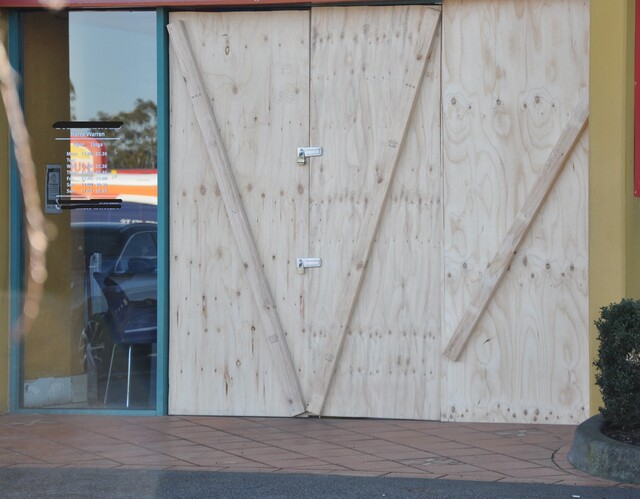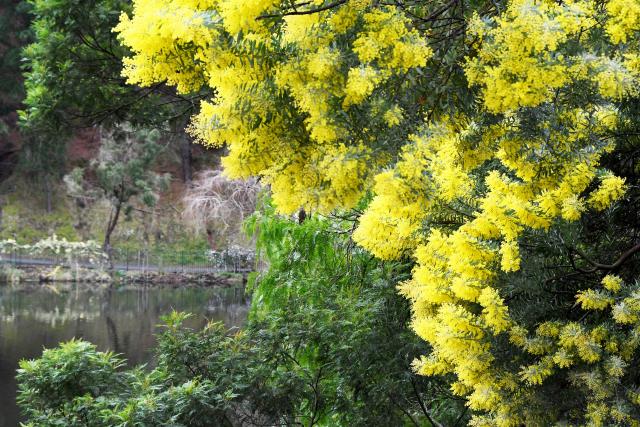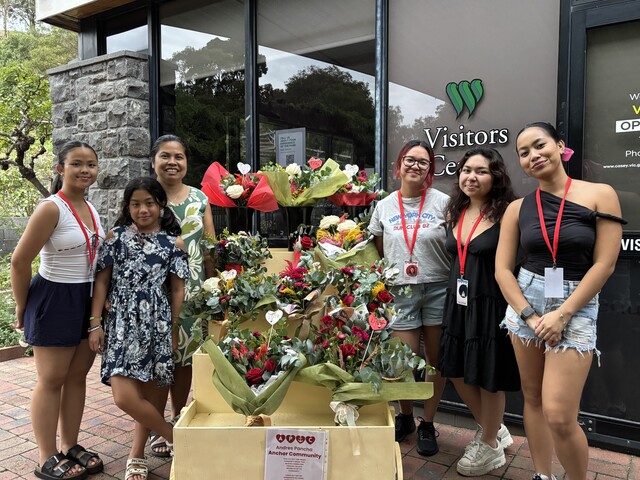By Cam Lucadou-Wells
Pope Tawadros II – branded as the ‘Pope of Hope’ – is set to receive the keys to the City of Casey while visiting the region’s 2000-strong Coptic diaspora.
The religious leader who has preached peace while under violent attack in Egypt will be making his first visit to Australia later this year, with tight security precautions.
His Holiness is expected to perform a consecration service at St Mina and St Marina Coptic Orthodox Church in Hallam and to lay a foundation stone at a nearby elderly hostel in September.
Casey Mayor Sam Aziz said councillors had unanimously voted to bestow the city’s highest honour to His Holiness.
The vote was pulled into closed council at the 4 July meeting due to security concerns ahead of the visit, Cr Aziz said.
Only on Palm Sunday, 9 April, the Pope escaped unscathed when a cathedral in Egypt was bombed just after his service and 17 people were killed. ISIS took responsibility for that attack.
“The fact that those creatures of ISIS state that Coptic Christians are their favourite pursuit demonstrates how barbaric they are,” Cr Aziz said.
“We have been working very co-operatively with Australian Federal Police and Victoria Police to ensure the visit is secure.”
Cr Aziz described the visit as “massive” for the hundreds of Coptic parishioners in Casey.
His Holiness was an inspiration, who even in the most trying of situations delivered a message of ‘forgive your enemy’, he said.
After the burning of 50 churches, Pope Tawadros II had said if there were no more churches, Coptic Christians would pray with their brothers and sisters in the mosques.
“He said: ‘A nation without churches is a lot better than churches without a nation’,” Cr Aziz recalled.
“It was absolutely amazing from a man under so much pressure.”
Professor Greg Barton, a global Islamic politics expert at Deakin University, said the security precautions were necessary.
The concerns were the “relentless round” of sectarian violence against Copts by groups such as the Muslim Brotherhood in Egypt, as well as the executions by ISIS.
The Palm Sunday atrocity was followed by the mass killing of Coptic pilgrims in May.
“I’m not surprised that they’re taking a careful approach,” Professor Barton said of the Australian visit.
“That means there’s a possibility that some people in the broader (community) of non-Copts will be disruptive but also some with sympathies with ISIS might try to be a hero or a martyr in their own eyes.”
Father Abanoub Attalla, of the St Mina and St Marina church, said there was great excitement ahead of His Holiness’s first visit to Australia.
“The Pope is always loved by the people.”
As the leader of the Coptic Orthodox Church of Alexandria, the Pope was regarded as a “peacemaker” who held a weekly sermon for thousands of worshippers, Fr Attalla said.
“He’s renowned for leading the Christians in Egypt and being a significant part in promoting peace in Egypt.”
The Pope had received keys to cities as well as honorary degrees all over the world, Fr Attalla said.
During his Australian trip, the Pope is expected to meet with various heads of churches as well as Prime Minister Malcolm Turnbull, Foreign Minister Julie Bishop, and other political leaders.
Fr Attalla said the church had no knowledge of any local security threats.
“We have no news of anything internally. It’s hard for us to know whether there are external threats.
“There have been threats everywhere that (His Holiness) has gone, even visiting other countries overseas.
“We’re awaiting the intelligence people from police. It’s always changing, though.”

